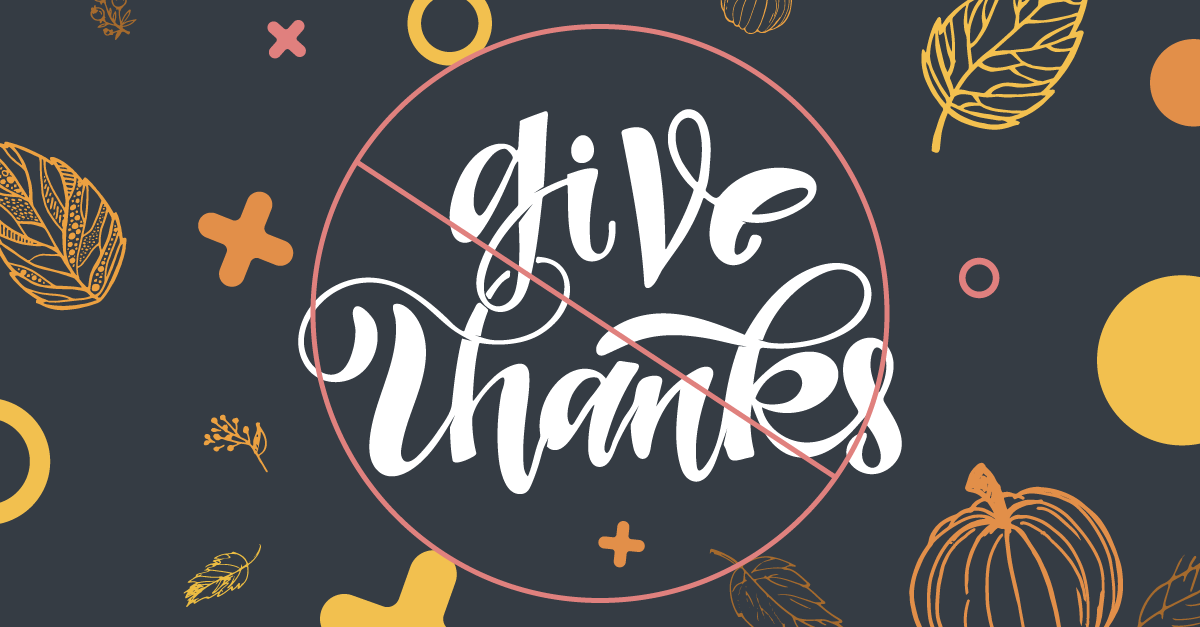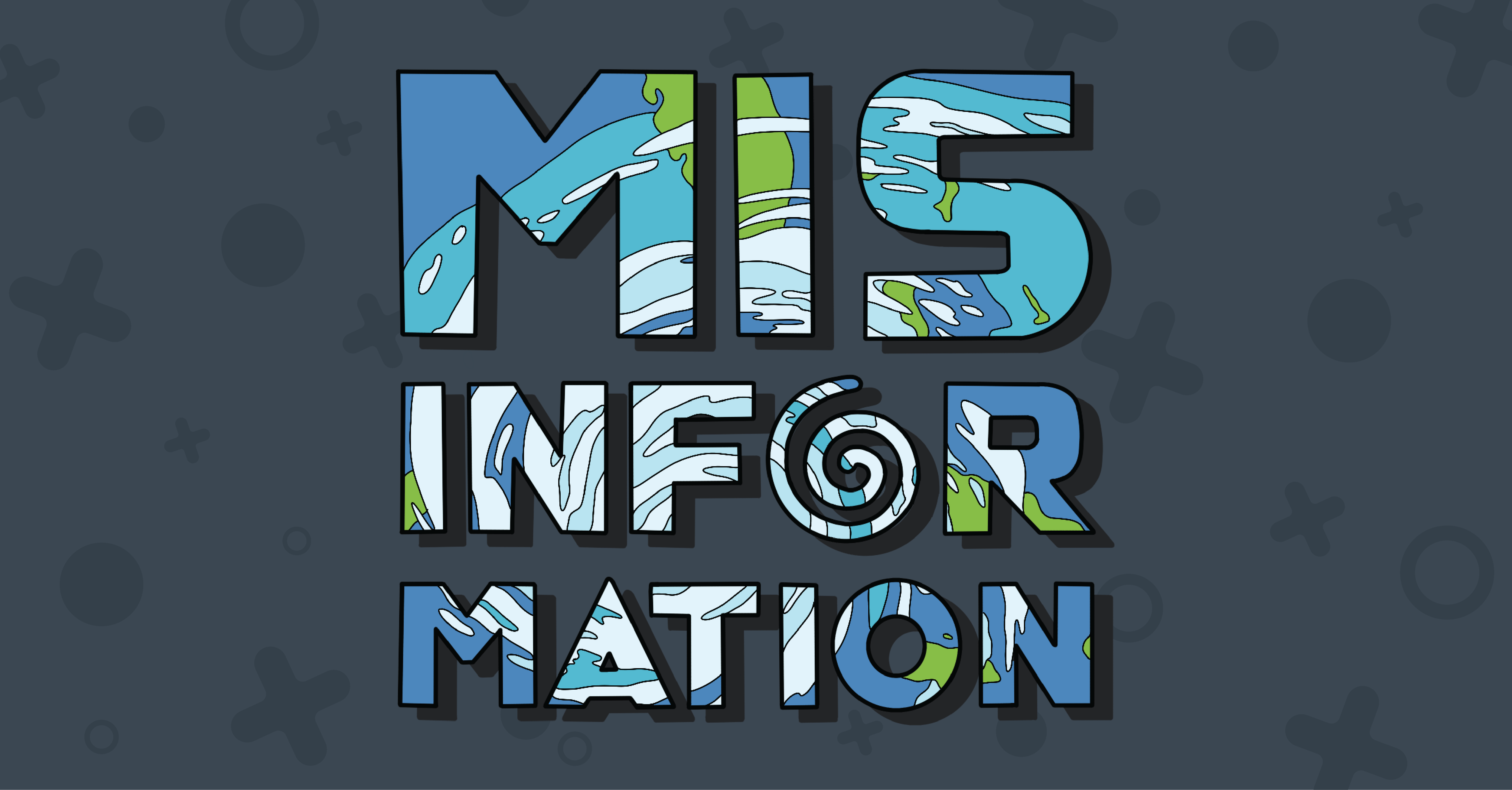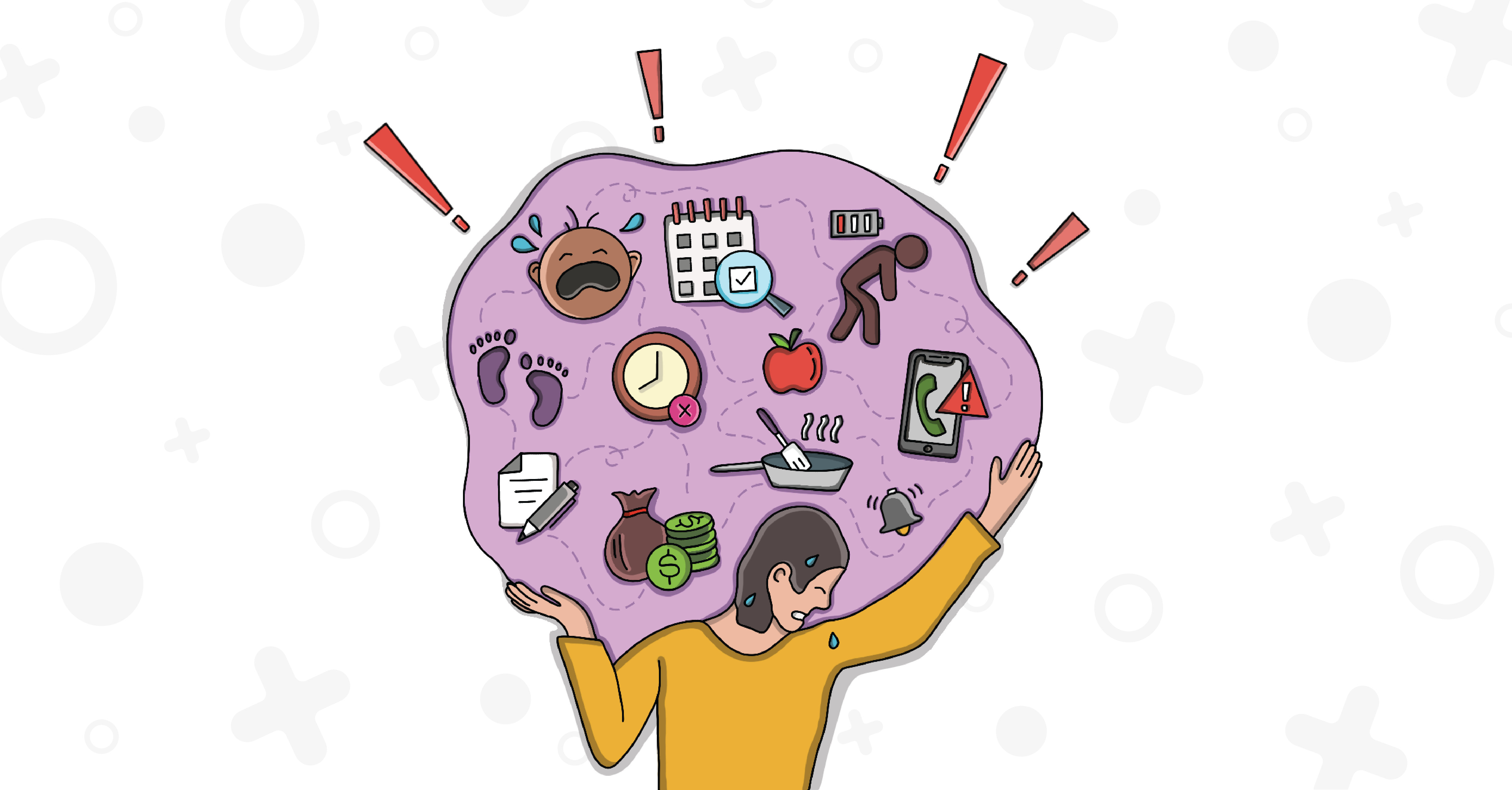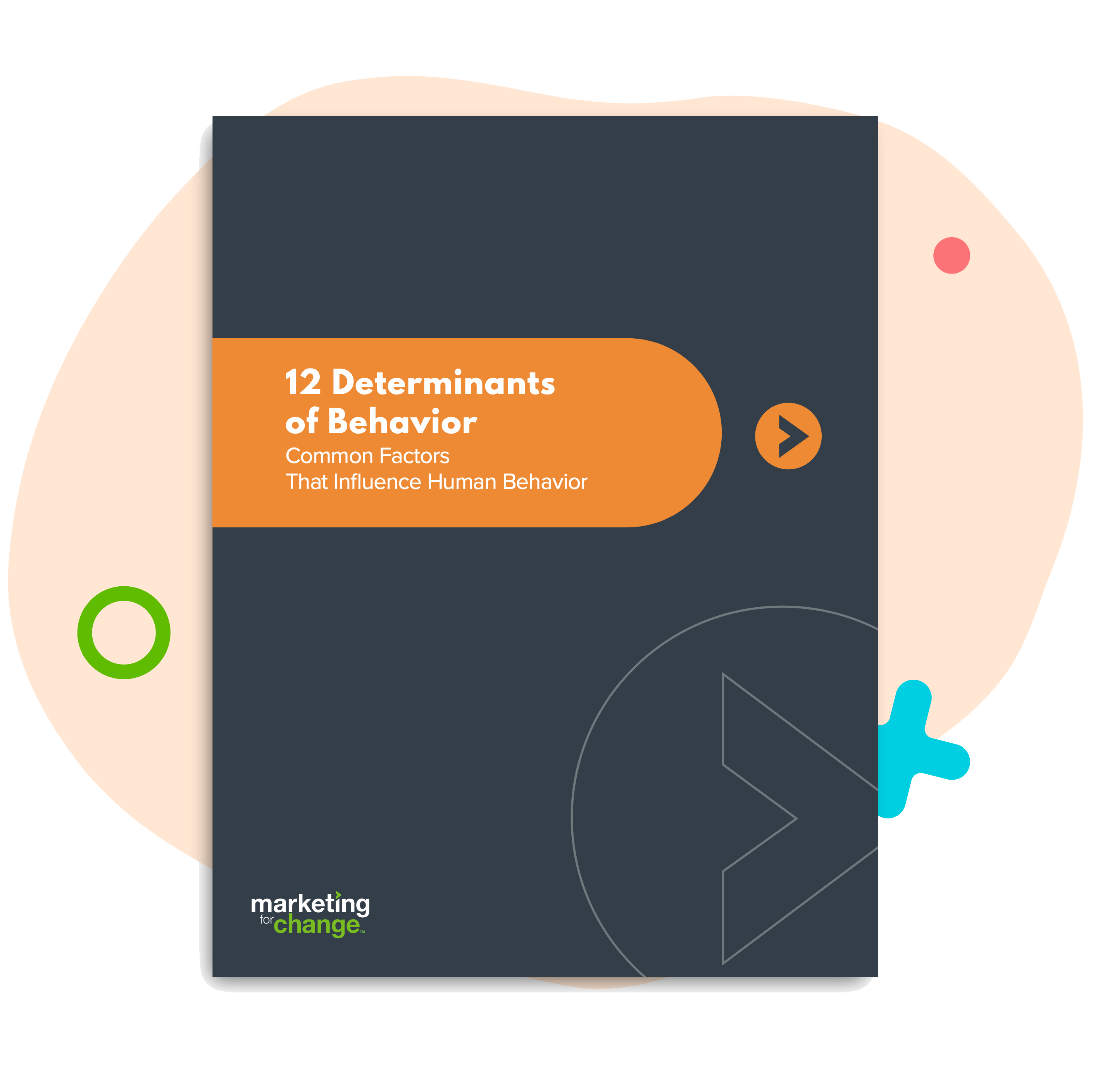
The Dark Side of Gratitude: 3 Reasons NOT to Give Thanks
So much has been written about how gratitude is good for you. Many studies have shown that practicing gratitude can help you be healthier, happier, and more able to hold onto relationships. But as we Americans prepare for our annual Thanksgiving rituals, here are three reasons to be careful about when and how you give thanks.
To be clear, I am grateful for many things, from my family and friends to my job to the things I love best about my country. But over the past several years, a new crop of scholars have been exploring the differences between beneficial forms of gratitude and what some call “harmful imposters.”
A story of positive ingratitude
Six years ago, when my daughter was a scholarship student at the University of Pennsylvania, she began tutoring in Philadelphia public schools. What she saw shocked her, even coming from Florida’s woefully inadequate educational system. Libraries permanently closed because of asbestos. Water fountains permanently shut off because the water is toxic. Administrators who had no idea where a student might be because, without money for substitute teachers, kids were randomly shuffled between classrooms whenever a teacher was out.
Should Philly’s schools have been grateful to Penn for funding an endless supply of young, well-meaning, college-educated tutors, who were willing to hunt from classroom to classroom to find and mentor their mostly impoverished students? Should the tutors have felt grateful for the opportunity to share their good fortune with the underserved?
That for sure was the expected response. But my daughter looked at Penn’s $14.7 billion endowment and the 300-acre, $3.2 billion university complex — one of many tax-exempt entities that choke off the city’s main source of public school funding.
And she didn’t feel grateful. She felt pissed off.
Gratitude gone wrong
Here are three key ways gratitude can backfire.
- When gratitude is selfish. As we bow our heads this Thursday, how much of our gratitude is devoted to expressing thanks for not being worse off? How much of our gratitude is channeled into simply propping up our own self-esteem?Gratitude can too easily devolve into a self-satisfied, “I’m so lucky I’m not them.” My daughter, for example, could very well have settled for feeling lucky (for once!) to have grown up in Florida, and extra lucky to have landed a spot in one of the nation’s most exclusive universities. But she looked around and didn’t see luck or merit. She saw inequity that is baked into people’s lives from birth.
- When gratitude reinforces unfair power relationships. I was grateful to the University of Pennsylvania’s no-debt tuition policy, which made a top-notch education affordable for a middle-class family. And I warned my daughter more than once about biting the hand that was feeding her. But she had no such qualms. And she didn’t think Philadelphia public schools should either. Most Ivy League schools provide their local municipalities with Payments In Lieu of Taxes (PILOTS), which acknowledge that these bastions of the world’s wealthy enjoy tax exempt status in some of the poorest urban areas in the country. Just because they don’t have to pay taxes, doesn’t mean they shouldn’t.That year, when my daughter attended the university president’s annual holiday dinner for students, she and her friends brought along a bullhorn. They staged a sit-in, and the push for PILOTS at Penn had begun in earnest.
- When gratitude undermines striving for change. In the 2018 paper The Harmful Side of Giving Thanks, researchers Inna Ksenofontov and Julia C. Becker ran a series of experiments that showed that low-power groups are less motivated to challenge the status quo if a high powered group provides a favor and then the low-power group expresses thanks.
For years, Penn argued that the university’s “enormous contributions” to the city precluded the need for PILOTS — and for years grateful city leadership agreed. But recently, the pendulum began to turn, especially once more than 700 faculty and staff signed a petition for PILOTS.
Last week, Penn President Amy Gutmann announced that the university will donate $100 million for asbestos and lead abatement in Philly’s schools over the next 10 years. It’s not quite PILOTS. But it’s a huge step in the right direction, and a model for the other tax-exempt universities and hospitals that crowd the city center.
For my daughter and other PILOTS supporters, it’s a victory. But their work is not finished — and gratitude should not diminish their resolve. Yes, thank goodness, thanks to Penn, Philly public school students will be less likely to be poisoned at school. But there is still much work to be done to ensure they have the learning opportunities they need to get a fair chance at fulfilling their potential.
A Thanksgiving wish
This year, as you bow your head to give thanks, when you look up, I hope you look beyond your front door and around your community. Make sure your gratitude isn’t a shield that allows you to turn a blind eye to the inequities that surround us.
There’s some good trouble out there, waiting for you to find it. But you might have to be a little bit ungrateful to spot it.

Sara Isaac is Chief Strategist at Marketing for Change.





